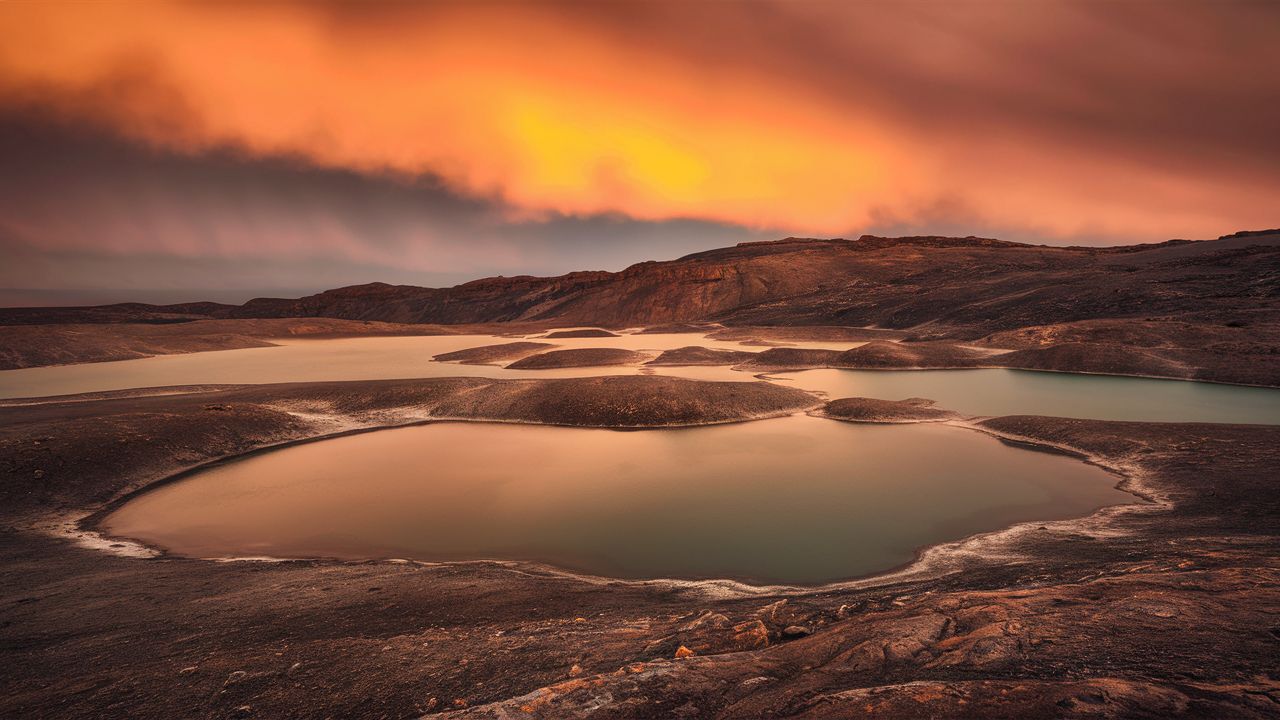Life may have emerged on Earth 4 billion years ago
Follow us on Google News (click on ☆)

Research published in Nature Geoscience shows that zircon crystals, dating back beyond 4 billion years, contain traces of freshwater. These crystals, discovered in the Jack Hills of Australia, provide crucial clues about Earth's primitive environment.
Scientists have dated over a thousand zircon crystals, some of which exhibit a light oxygen isotopic signature typical of interaction with freshwater. This implies that landmasses emerged early enough to allow the formation of freshwater, essential for the emergence of precursor molecules to life.
Conditions necessary for life, such as freshwater and landmasses, were present within the first 500 million years of Earth's history. This opens new perspectives on early evolution and the speed at which life could appear in similar environments on other planets.
Zircons, resistant to chemical alterations, have preserved these signatures for billions of years, providing a valuable window into Earth's conditions at a time when the original rocks have long been destroyed or modified.
This discovery leads scientists to reconsider the timeline for the emergence of life on Earth. If favorable conditions existed 4 billion years ago, it is plausible that life could have begun much earlier than the oldest traces currently identified.
Thus, the primitive Earth, far from being a sterile ocean under a toxic sky, already possessed the fundamental elements necessary to harbor life. This revelation encourages deeper exploration of our origins and those of potentially habitable extraterrestrial environments.